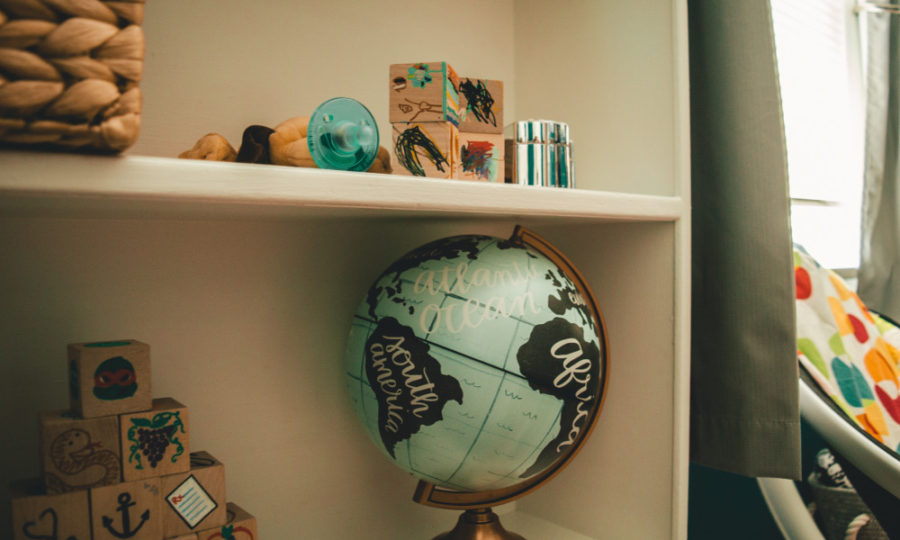During Citizen Week (October 8-14), I attended a facilitated conversation at CIGI/The Balsillie School with the Honourable Ahmed D. Hussen, the Minister of Immigration, Refugees, and Citizenship. Hussen gave a brief talk, answered some questions asked by Prof. Anna Esselment (Political Science, University of Waterloo), then answered general questions from the audience.
Refugees are joining the family
Given my research project on refugees and the family as a structure for political organization, I was listening for any descriptions of immigration as “joining a family.” This metaphor came up explicitly a few times. First, Hussen shared that over 5,000 people joined the “Canadian family” during Citizenship Week at the time of the event. The total number of new citizens by the week’s end was 6,442.
Second, Hussen shared a story about a Canadian grandmother who participated in the private sponsorship program. According to the story, the grandmother felt that she gained new grandchildren in the refugee children through sponsorship. While intended to express a heart-warming anecdote, this story left me chilled: is it only by being enfolded into a person’s private circle of concern that a refugee is valued and appreciated? (See this previous post for human rights and family language).
Refugees are good for the economy
One point that was continually emphasized was that immigration is good for the Canadian economy. I think the fact (read: Evidence-based, data-supported) that immigration strengthens economies is important for countering anxieties that refugees and immigrants take away from settled Canadians.
Moreover, I take it that combatting this rhetoric of protectionism was one of Hussen’s primary goals, as such rhetoric contributes to the precarity of refugees and immigrants. Indeed, conservative darlings such as the Canadian Federation if Independent Businesses support immigration as a way to address labour shortages.
However, I left the event with the sentiment that economic inclusion was the primary way in which Canadians should welcome newcomers. This sentiment seems rather instrumental. Of course, “good for the middle class” is a central platform point for the Liberal Party. But immigrations surely has more benefits for Canada than addressing issues with our economy.
Keeping it in the Canadian family
As Hannah Arendt argues, using the example of the Roman family as an example, one of the problems with the household as a model of political organization is that the household is undemocratic. It is primarily a site of consumption, where the household exists to maintain itself, to ensure the physical survival of its members. This is a homogenizing task, led by the patriarch (again, Arendt’s model is the Roman family). Thus, the family is a poor model for politics, which is in contrast the realm of equality, freedom, and plurality.
Although not explicit, the Liberal party’s platform around maintaining strong, middle-class families is implicit in the focus on refugees as good for our economy. Further, it connects strong families with a strong nation. As new members of the Canadian family, resettled refugees and immigrants contribute to a strong Canadian state.
Toward citizenship, not new family members
I believe the following things to be true:
- Challenging immigration/white supremacist rhetoric is important for Canada
- Economic inclusion, and good, secure jobs, are important for resettled refugees and immigrants.
I also believe this that political inclusion and citizenship should aim at more than just accepting someone into your family. We should be making space to affirm our diversity, not just emphasize our sameness.
